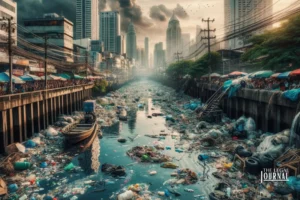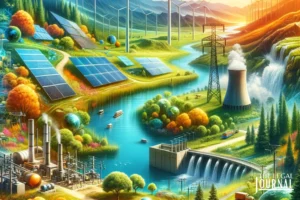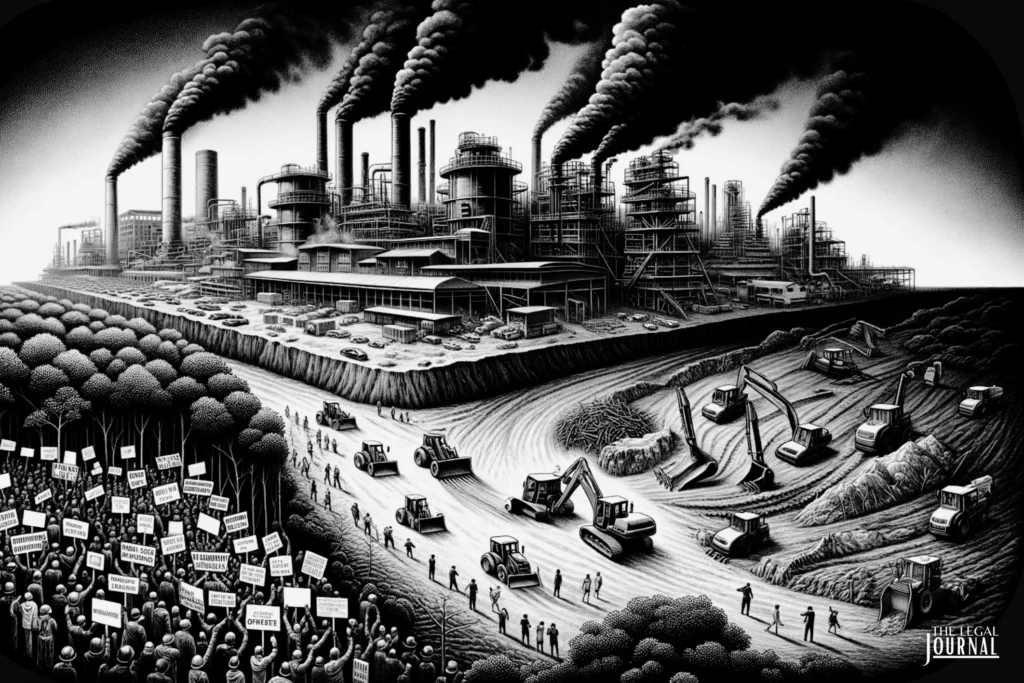Articles

Assessing the Long Valley Caldera: The Balance Between Geological Activity and Legal Implications

The Complexity and Importance of Legal Representation in Natural Disaster Claims
Unprecedented Wildfires Ravage Louisiana: The Devastating Tiger Island Fire

Climate Change Challenges: A Key Takeaway from COP28

New York’s Stance on Offshore Wind Contracts: Balancing Costs and Clean Energy Goals

The Louisiana Water Crisis: Dissecting the Spike in Toxic Chemicals

The Shift in Tomato Agriculture: Adapting to a Drier Future
Unmasking the Truth About Eco-Friendly Straws: Are They Truly Safer?

Carbon Trading & Paris Accord: Oversight & Challenges

Facing the Crisis: Legal and Environmental Impacts of the Amazon’s Severe Drought

Lead Contamination in U.S. Drinking Water

Understanding the Imminent Threat: The Potential Collapse of the AMOC

